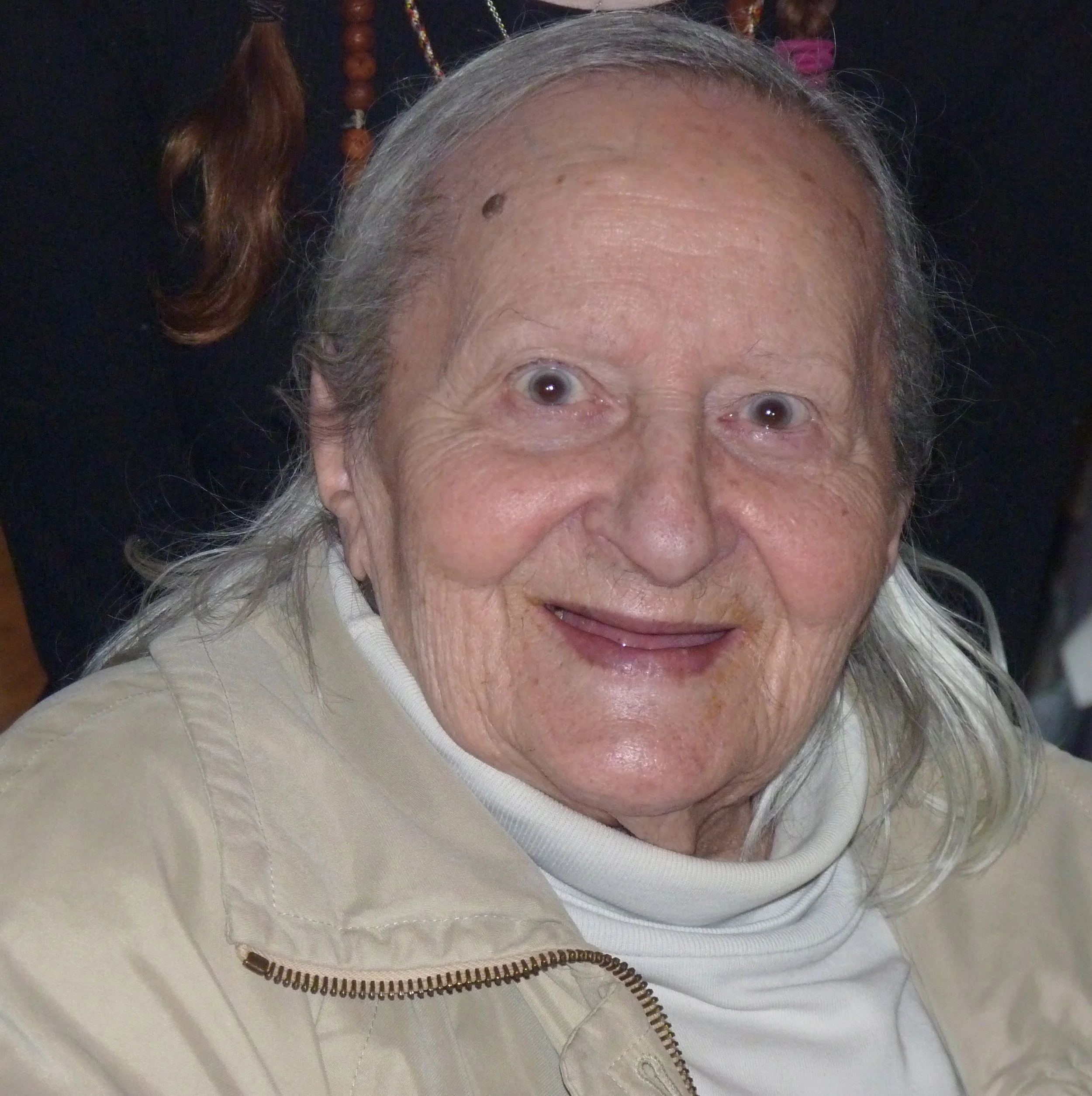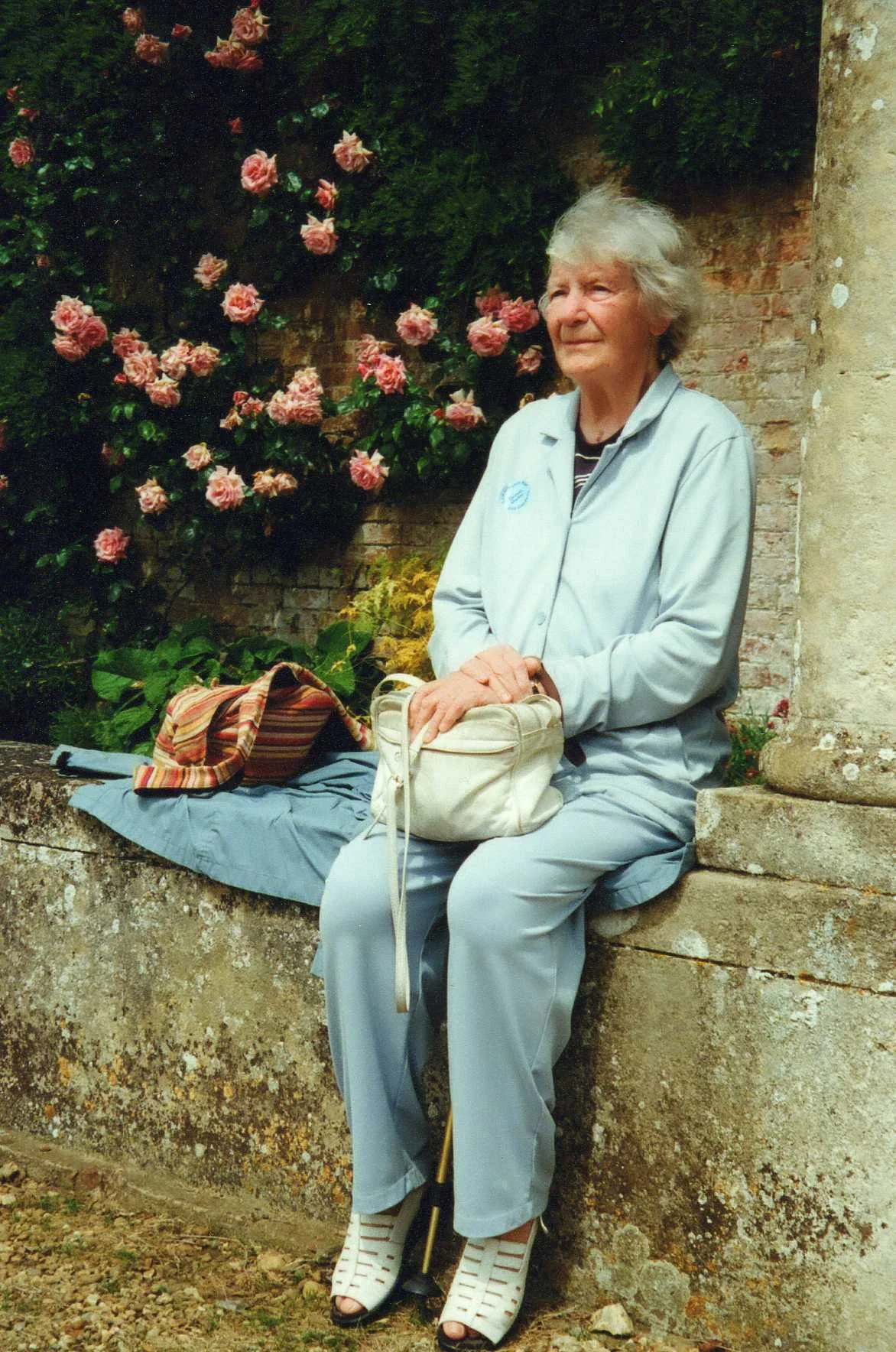They arrive by boat, terrified, hungry and often destitute—scores of them every night. Many have walked hundreds of miles across Europe, fleeing war, persecution and desperate poverty. Helped by overstretched charities, they begin their new lives in squalid and overcrowded conditions, changing the character of traditional neighbourhoods; lowering property values and wages in their willingness to live crowded together and to work for a pittance. Many, especially the women, are illiterate. They speak no English, follow an alien religion, and dress in strange ways. Their noisy religious festivals take over London streets; erstwhile churches become their houses of worship. Something has to be done to stem the tide of foreignness. An Act of Parliament is passed, ending the nation’s famously liberal immigration and refugee policy.
That Act of Parliament was the Aliens Act of 1905, designed to protect the “Anglo-Saxon Race” from the incursions of the “Jewish Race.”
Crowded onto those boats were my great-grandparents, Rachel and Woolf, Abraham and Talina. Sixteen-year-old Rachel, heavily pregnant with my grandmother, had walked from Poland with her husband, a pastrycook. Terrifying pogroms and severe economic persecution had driven them to start a new life in conditions often no better than those at home.
Within a generation, the newcomers had moved to the suburbs and shifted from tailoring to better-paying professions. My grandfather, Philip, was a civil servant working proudly and devotedly for the Home Office. My Uncle Dave, who himself arrived from Russia as a young child, began work as a printer’s apprentice at age thirteen and ended up as a senior manager for the newly-founded Rank Xerox corporation. My Uncle Louis became a manager for Marks and Spencer, although he was also a talented artist. The grandchildren and great-grandchildren of the penniless refugees became doctors, social workers, psychotherapists, herbalists, Chi Gong teachers, human right activists, poets, musicians, artists, and screenwriters. We are all thoroughly British in our own unique ways, though some of us have moved to Ireland, Israel, Spain, France, or America. Some of us speak Welsh, Irish or both. We have enriched, not destroyed, the land which gave us refuge.
My family’s story echoes those of millions of refugees fleeing war, violence and climate change; crowding into unseaworthy vessels, drowning in the Mediterranean, walking across Europe as my ancestors did, living in squalid camps on the Greek Islands or in Calais. European countries today fear the “alien” Muslim tide as a century before, British authorities feared the Jewish tide. Anti-Semitism is far from over; in fact it is on the rise both in the UK and across Europe. But now it has an equally evil twin, Islamophobia.
The Jewish exodus from Eastern Europe was driven by pogroms and all manner of persecution. Yet the refugees arriving at London Docks brought more than just their suffering. They brought their skills, their industriousness and their entrepreneurial spirit. They brought their violins, their songs, their humour and boundless optimism. They created a Yiddish Opera House. They performed Shakespeare in Yiddish and started a Ghetto Youth Club. When I think of my elders, I recall their sparkle, their liveliness, their jokes, their love of culture, their warmth and above all, their enthusiasm. And I know that refugee camps around the Mediterranean world, from Lebanon and Jordan to Turkey and Greece, are filled with people just like my ancestors, people eager to share their talent, their potential, people endowed with the same resilience that helped my family endure the horrors of their lives in Eastern Europe.
I walk in gratitude every day of my life, remembering my ancestors’ flight, their struggles, their hard work and the beautiful life of freedom and opportunity they bequeathed me. I walk in gratitude every day for the country that received us. I walk in gratitude every day for the ideal of liberal democracy—an ideal we betray if we deny the right to seek asylum. This gratitude and appreciation for the chance I have had—for the opportunity even to be alive at all— moves me to say, “Refugees Welcome.” Out of compassion, out of common humanity, we have a duty to receive you. You have nothing to repay, but I know you will repay. You will bless the land that receives you as my family has. All you need is a chance.











